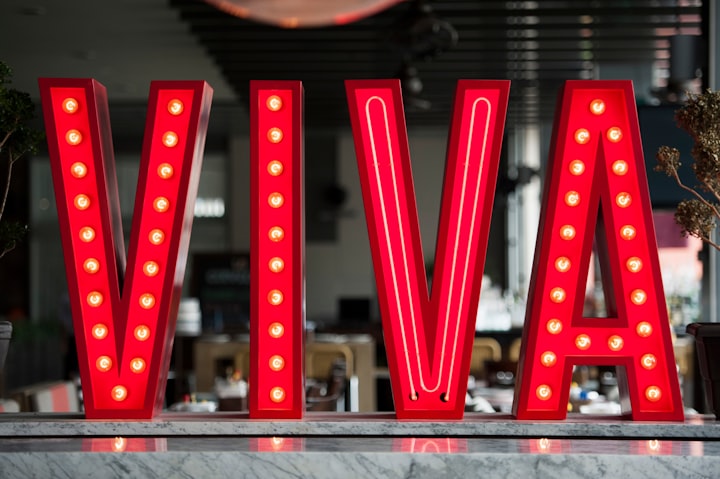
Viva, also known as a viva voce examination or simply a viva, is an oral examination conducted as part of the evaluation process in various educational and professional settings. Derived from Latin, "viva" means "live voice," emphasizing the interactive nature of this assessment method. Whether it is for a doctoral thesis defense, a research project presentation, or even a job interview, the viva holds significant importance in determining a candidate's knowledge, understanding, and ability to articulate their ideas effectively. This article delves into the concept of viva, its purpose, and how to prepare for one.
The primary purpose of a viva is to evaluate a candidate's knowledge and expertise in a particular subject or field. Unlike written examinations, which test an individual's ability to express themselves through writing, vivas provide an opportunity for candidates to demonstrate their depth of understanding by engaging in a live discussion with an examination panel or an interviewer. This method enables the examiners to gauge the candidate's critical thinking skills, problem-solving abilities, and capacity to defend their arguments in real-time.
One of the key aspects of a successful viva is thorough preparation. Candidates should begin by familiarizing themselves with the topic or subject matter being examined. This involves revisiting their research, reviewing relevant literature, and staying up-to-date with current advancements in their field. Additionally, candidates should anticipate potential questions or areas of discussion that may arise during the viva and prepare appropriate responses. Practicing mock vivas with peers or mentors can also help refine their communication skills and build confidence.
During the viva, candidates must demonstrate effective communication skills, clarity of thought, and the ability to respond to questions and challenges. The examination panel typically consists of experts in the field, including professors, supervisors, or industry professionals. They may ask probing questions to assess the candidate's understanding, methodology, and the contributions of their research or work. It is crucial for candidates to listen attentively, address questions directly, and provide concise and coherent answers.
Furthermore, vivas are not solely focused on evaluating knowledge; they also assess a candidate's ability to think critically and demonstrate independent thought. Examiners may probe the candidate's arguments, challenge their assumptions, or encourage them to explore alternative perspectives. Therefore, it is important for candidates to be open-minded, receptive to feedback, and able to adapt their responses based on the discussion that unfolds.
The duration of a viva can vary depending on the context. Some vivas may last only an hour, while others can extend over several hours. Regardless of the length, candidates should maintain their composure and display professionalism throughout the examination. It is natural to experience nerves or pressure during a viva, but preparation, confidence, and a positive mindset can help alleviate anxiety and perform at one's best.
In addition to evaluating a candidate's knowledge and critical thinking skills, vivas also serve as an opportunity for the examiners to provide constructive feedback. This feedback is invaluable in identifying areas for improvement, refining research methodologies, or suggesting further avenues of exploration. Candidates should view the viva as a learning experience, appreciating the insights and guidance offered by the panel.
In conclusion, the viva is a significant assessment method that evaluates a candidate's knowledge, understanding, and ability to articulate their ideas in a live discussion. Thorough preparation, effective communication skills, and critical thinking are essential for success in a viva. It is an opportunity for candidates to showcase their expertise, receive constructive feedback, and further develop their understanding in a specific subject or field. By embracing the viva as a valuable experience, candidates can navigate this oral examination with confidence and poise.
About the Creator
Danny
I post random stories






Comments
Danny is not accepting comments at the moment
Want to show your support? Send them a one-off tip.